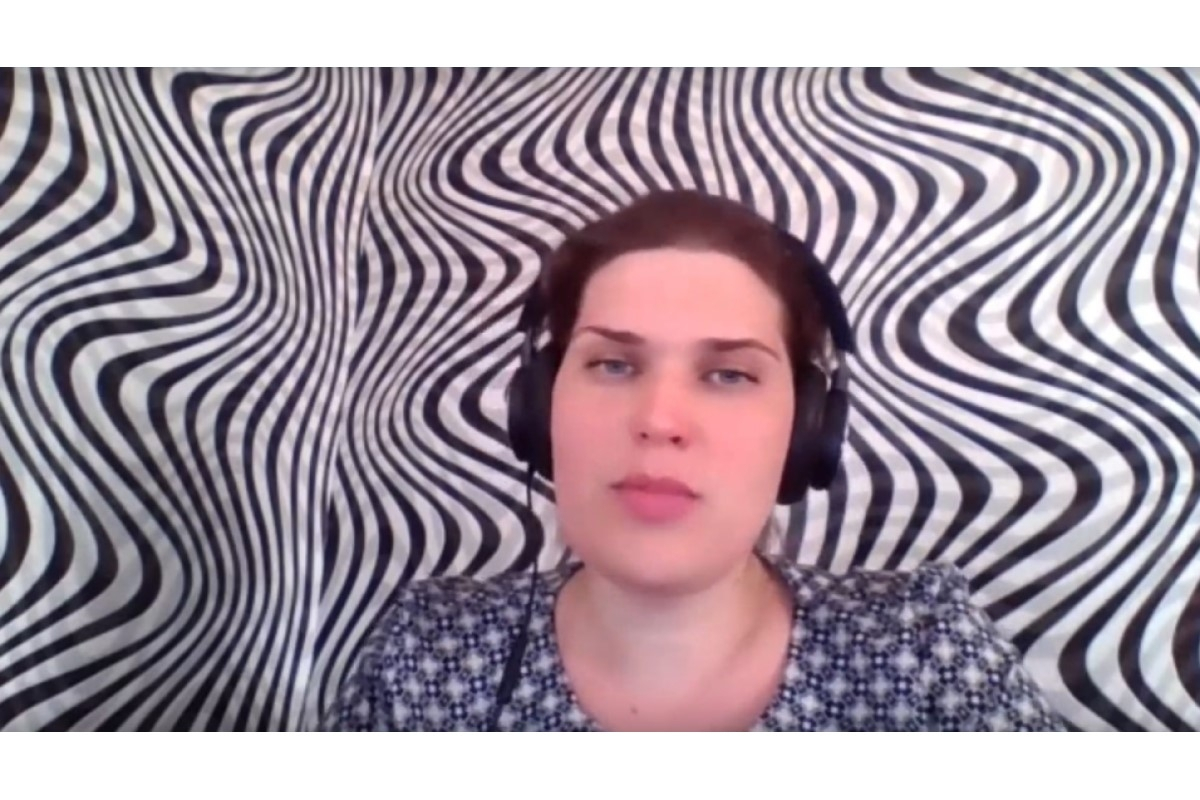Detection and prevention: the Mediation Centre of St Petersburg University helps to resolve disputes in the sphere of healthcare

During the 11th International Youth Legal Forum at St Petersburg University, experts discussed the basics of conflict-free interactions in medicine
Mediation Centre at St Petersburg University
These days the number of disputes and conflicts in Russia is steadily growing; the pandemic is not the only reason behind this tendency. ‘It stems from the fact that we are gradually losing the culture of resolving disputes outside the court room. We do not have managing aggression skills. So, we do not know how to express dissatisfaction without hurting each other, and often we do not recognise our own needs and interests. These factors contribute to an increased number of conflicts in all spheres.’ Evgeniia Vaskova, Director of the Mediation Centre of St Petersburg University said.
Participants of the International Youth Legal Forum said that the healthcare system, which experienced peak load during the pandemic, is no exception. Evgeniia Vaskova explained that there were several factors causing this situation.
Not everybody can cope easily with sudden additional stress, concerns for the health of the nearest and the dearest, changes in the familiar social interactions, and economic instability.
Evgeniia Vaskova, Director of the Mediation Centre of St Petersburg University
According to Evgeniia Vaskova, disputes in the healthcare system are among the most complicated. ‘This is where administrative regulations, labour standards, moral issues, finances, insurance and innovation challenges blend together. This sphere is filled with emotions: fear, pain, gratitude, anger, disappointment, aggression, indifference, fatigue, rage.’ Also, as she pointed out, economic and financial relations are very complicated in this sphere, whereas legal support is very specific. The aim of the whole system is the life and health of each individual.
Igor Akulin is Professor, Head of Health Management and Medical Law Department at St Petersburg University, and Chairman of the Board of the St Petersburg Association of Medical Law. He said that many-sided complicated disputes in the sphere of medicine in Russia originate form Perestroika. This was when the switch to the system of medical insurance was made. Compulsory Health Insurance made a shift toward market relations that were connected with the medical services sphere.
Today, around 44% of population are dissatisfied with the quality provided in the state medical institutions. Although people tend to be more satisfied with private clinics, three out of ten patients claim to have had negative experiences.
Igor Akulin, Professor, Head of Health Management and Medical Law Department at St Petersburg University, and Chairman of the Board of the St Petersburg Association of Medical Law
It is caused by the specifics of healthcare delivery: its urgency, the power of the doctor, trust or mistrust between patients and health professionals, lack and impossibility of fixed treatment algorithms and, of course, high risks.
Conflicts between members of the healthcare system are usually resolved in court. However, experts reminded us that, apart from court proceedings, there are many other options. These include associations of doctors and patients, the arbitration court, and professional mediators.
The mediation procedure is carried out with the help of a neutral facilitator, called a mediator. There are no limitations to using mediators. They are equally suitable for interpersonal conflicts of medical personnel and for multilateral conflicts that involve insurance companies, relatives of a patient, and a healthcare facility.
The mediation technique may have a much wider application. Insurance companies and healthcare institutions staff can use it to reduce the number of conflicts.
Evgeniia Vaskova, Director of the Mediation Centre
Professor Igor Akulin agreed with the Director of the Mediation Centre. ‘Two thirds of conflicts can be averted or resolved in the pre-trial order.’ More and more people are choosing this way of dealing with conflicts, especially after the mediation regulations changed in 2019. This is when the legislation gave the parties the possibility to carry out the mediation procedure and have its results notary attested, provided the parties have not applied to court. The document receives the power of a writ. These are the changes that motivated many citizens to include a mediation clause into their agreements, which is a statute that enables the parties of an agreement to seek assistance of a mediator once a disagreement takes place.
Reconciliation procedures are much faster and simpler than court proceedings.
Sofia Eppel, Head of the Legal Department of Medical Company BestDoctor, mentioned that people can have access to many services by a click of mouse. For example, they can hire a taxi or order food delivery. ‘People get fast results and become totally satisfied’. Although it is not that fast yet, but mediation aims to resolve conflicts in the same way: it is important that each side is satisfied.
In order to resolve a conflict peacefully, you can go to the Mediation Centre of St
Petersburg University. Depending on clients’ requests, we have specialists in the spheres of healthcare, contract relations, family relations, taxes, intellectual property disputes, and business relations. We have cross-functional teams of experts including those with linguistic support designated for disputes that involve international parties.

